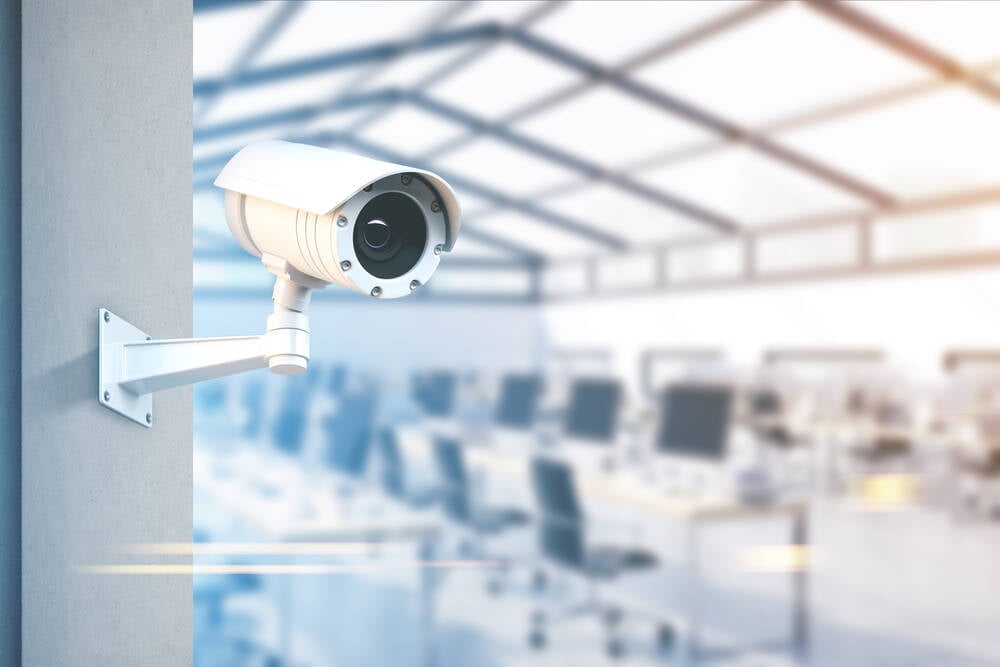
November 27, 2024 at 03:36AM
A Cracked Labs report reveals that office buildings resemble web browsers, employing tracking technology to monitor employee movements and behaviors. This raises privacy concerns in the US and Europe, prompting regulatory guidance. The report emphasizes the need for safeguards against misuse of personal data and calls for better legal protection for workers.
### Meeting Takeaways
1. **Tracking Technology in Office Buildings**: A new report by Cracked Labs highlights the increasing use of tracking technology in office buildings, likening them to web browsers filled with monitoring tools.
2. **Study Overview**: The report, titled “Tracking Indoor Location, Movement and Desk Occupancy in the Workplace,” details how motion sensing and wireless network technologies are employed to monitor employee and visitor behavior.
3. **Employer Data Utilization**: There is a growing trend among employers to exploit data from existing digital infrastructure and additional sensors, often collecting personal data about employees’ movements and behaviors.
4. **Regulatory Concerns**: The extensive use of tracking technology raises regulatory concerns in both the US and Europe. The FTC has issued guidance on practices related to surveillance and personal data collection in the workplace.
5. **Types of Data Collected**: Companies are tracking extensive statistics on employee activities, including communication metrics and meeting analyses, through software and office space monitoring systems.
6. **Cisco’s Monitoring Technology**: Cisco utilizes Wi-Fi access points to track the location of individuals and objects within corporate spaces, claiming compliance with GDPR and providing behavioral profiling based on location data.
7. **Privacy Concerns**: The report discusses protests against invasive monitoring technologies, such as those at Northeastern University, where students opposed the installation of motion sensors due to privacy and ethical concerns.
8. **Employee Rights and Safeguards**: Wolfie Christl, the report’s author, emphasizes the need for strong safeguards against potential misuse of tracking data. In some European countries, employees must be consulted about tracking measures, and GDPR presents significant challenges to excessive surveillance.
9. **Call for Legal Protections in the U.S.**: There is an urgent need for U.S. legislation to protect employees from disproportionate workplace surveillance practices, similar to protections in European nations.
These points encapsulate the key themes and implications of the meeting discussion on workplace tracking technologies and the associated privacy issues.